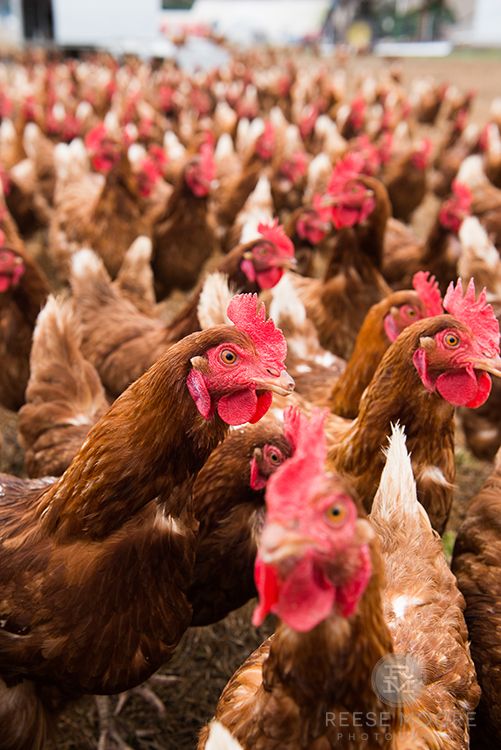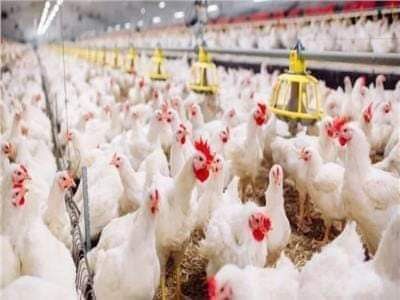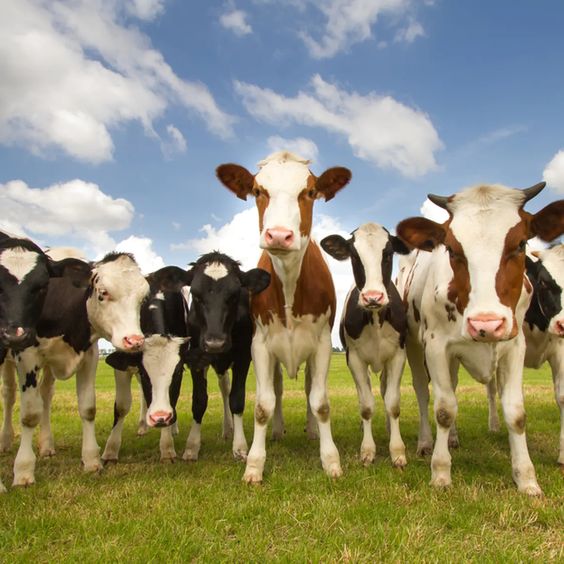Local Chicken Farming: A Comprehensive Guide
Local chicken farming, often referred to as backyard chicken keeping, has gained tremendous popularity in recent years. Whether driven by a desire for self-sufficiency, healthier living, or simply the joy of raising animals, more people are venturing into the world of chicken farming at a local scale. This guide provides an all-encompassing look at local chicken farming, covering the essentials from setting up your coop to managing the health of your flock.
Local chicken farming involves raising chickens on a small scale, typically for personal use or local markets. This can include egg production, meat production, or both. Unlike large commercial operations, local chicken farms often focus on sustainable and organic practices, which appeal to health-conscious consumers.
Benefits of Local Chicken Farming
- Fresh Produce: Home-raised chickens provide fresh eggs and meat, free from the antibiotics and hormones often found in commercially raised poultry.
- Pest Control: Chickens are natural foragers and can help control pests and weeds in your yard.
- Fertilizer Production: Chicken manure is excellent organic fertilizer, rich in nitrogen, phosphorus, and potassium.
- Educational Value: Farming chickens can be a valuable educational experience for families, teaching responsibility and where food comes from.
- Sustainable Living: By producing your own poultry products, you reduce your carbon footprint and contribute to more sustainable food production systems.
Setting Up Your Chicken Farm
- Choosing a Location: Select a spot in your backyard that is dry, well-ventilated, and sheltered from extreme weather. Ensure it’s away from your living space to manage noise and odors.
- Building a Coop: The chicken coop should be sturdy enough to protect your chickens from weather and predators. It should have a roosting area, nesting boxes for laying eggs, and ample space for chickens to move around. Ventilation is crucial to prevent respiratory issues in chickens.
- Security Measures: Use hardware cloth instead of chicken wire to secure the coop from predators such as raccoons, foxes, and cats. Ensure all openings are well secured.
- Feeding: Provide a balanced diet consisting of layers’ pellets, grains, vegetables, and clean water. Avoid giving chickens any toxic foods such as chocolate or avocado.
Choosing the Right Chickens
- Breed Selection: The choice of breed depends on your primary purpose. For egg production, breeds like Leghorns and Rhode Island Reds are excellent choices. For meat, consider Broilers or Cornish hens. Dual-purpose breeds like Plymouth Rock or Sussex are versatile for both eggs and meat.
- Health Considerations: Purchase chickens from reputable sources to ensure they are healthy. Quarantine new arrivals to avoid the spread of diseases to your existing flock.
- Local Adaptability: Choose breeds that adapt well to your local climate conditions. This will minimize stress for the chickens and reduce heating or cooling needs.
Managing Your Flock
- Daily Care: Check on your chickens daily for signs of stress or illness. Ensure they have access to fresh water and food, and collect eggs regularly.
- Health Monitoring: Regularly check for parasites like lice and mites. Keep an eye out for respiratory problems or unusual behavior, which could indicate illness.
- Cleaning: Regularly clean the coop to prevent disease and keep the environment healthy and pleasant. Change bedding frequently and scrub feeders and waterers to prevent the buildup of harmful bacteria.
- Record Keeping: Keep records of egg production, feed purchases, and any health treatments. This data can help you manage costs and productivity efficiently.
Legal and Ethical Considerations
- Local Regulations: Before starting your chicken farm, check with local zoning laws to ensure that keeping chickens is allowed in your area. Some localities have restrictions on the number of chickens you can keep or require specific distances from neighboring properties.
- Welfare Standards: Treat your chickens with care and respect. Ensure they have enough space, access to outdoors, and protection from predators. Ethical treatment is not only right but often results in healthier and more productive chickens.
Marketing Your Produce
If you plan to sell eggs or meat, local farmers’ markets and direct sales to neighbors are excellent options. Packaging and marketing your products attractively can significantly influence customer interest. You can also consider creating a small brand for your produce to enhance credibility and recognition.
Despite its many benefits, local chicken farming can be challenging. Predators, diseases, and fluctuating feed prices can impact your success. Weather conditions can also pose a significant challenge, particularly in regions with extreme climates.
Conclusion Local Chicken Farming
Local chicken farming can be a rewarding endeavor that brings food security, sustainability, and the joy of connecting with nature right into your backyard. With careful planning, ethical management, and adherence to local regulations, you can create a thriving chicken farm that benefits your family, community, and the environment. Whether for personal satisfaction or as a small business, local chicken farming offers an enriching experience that more people are beginning to appreciate and pursue.






